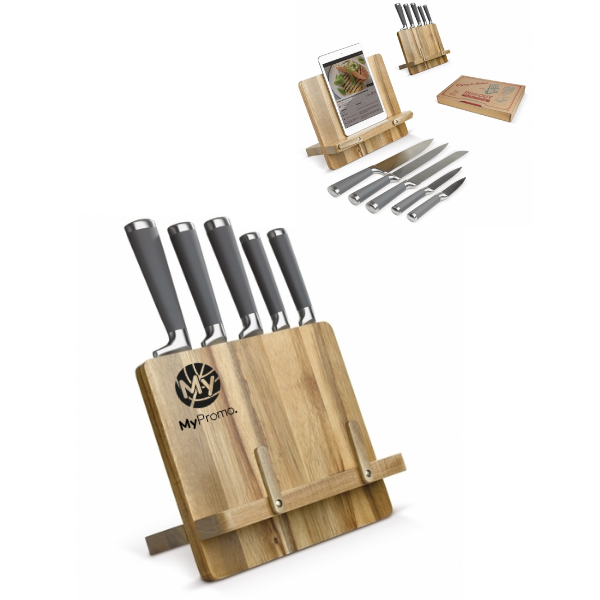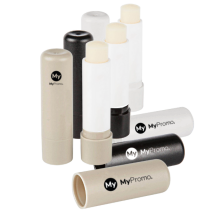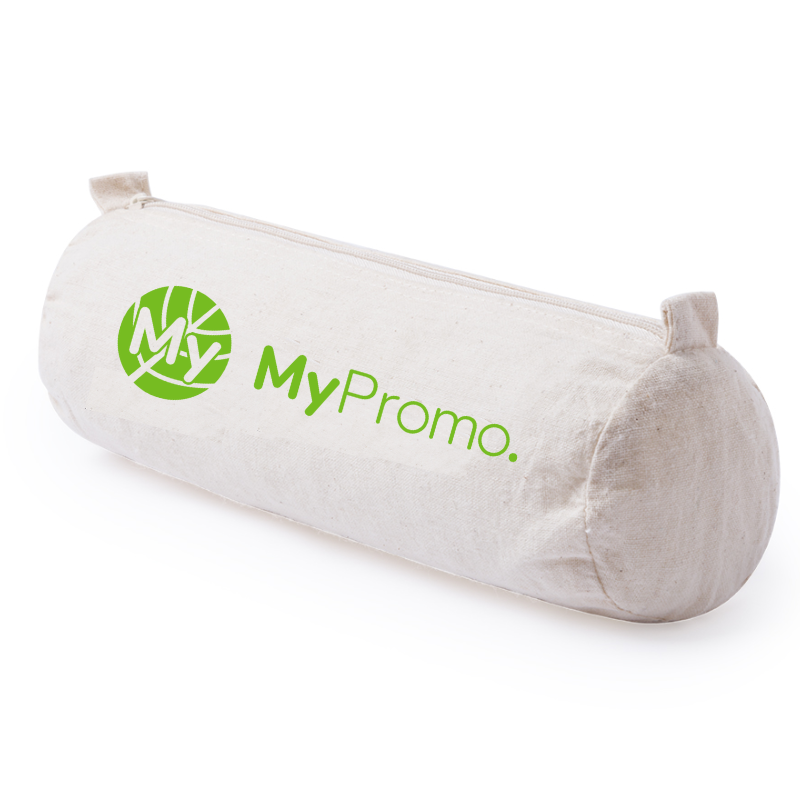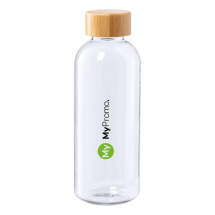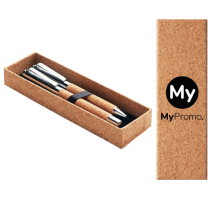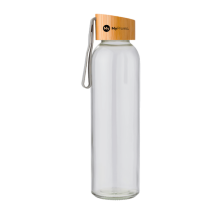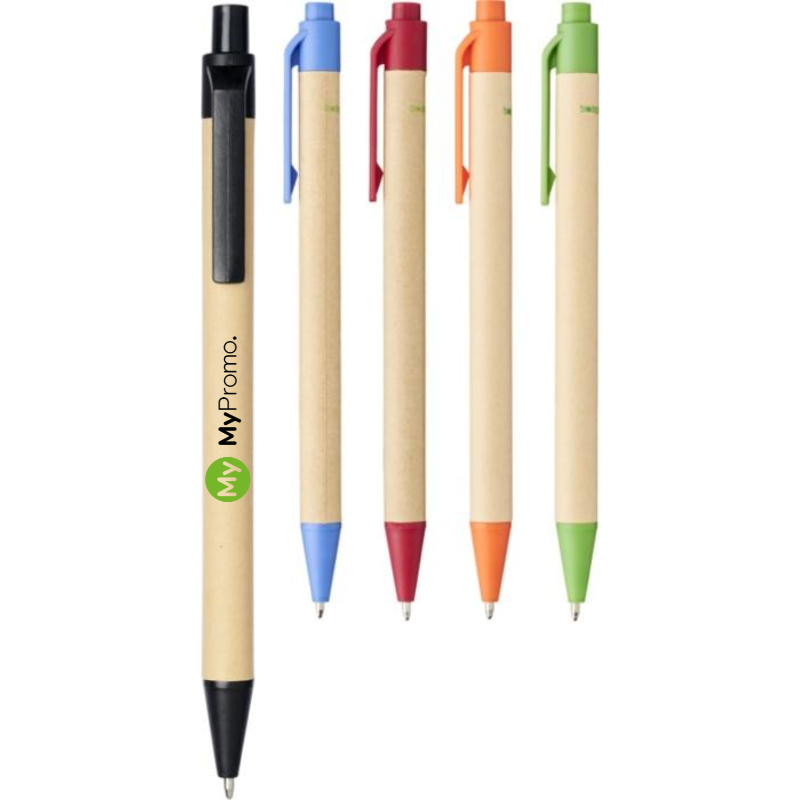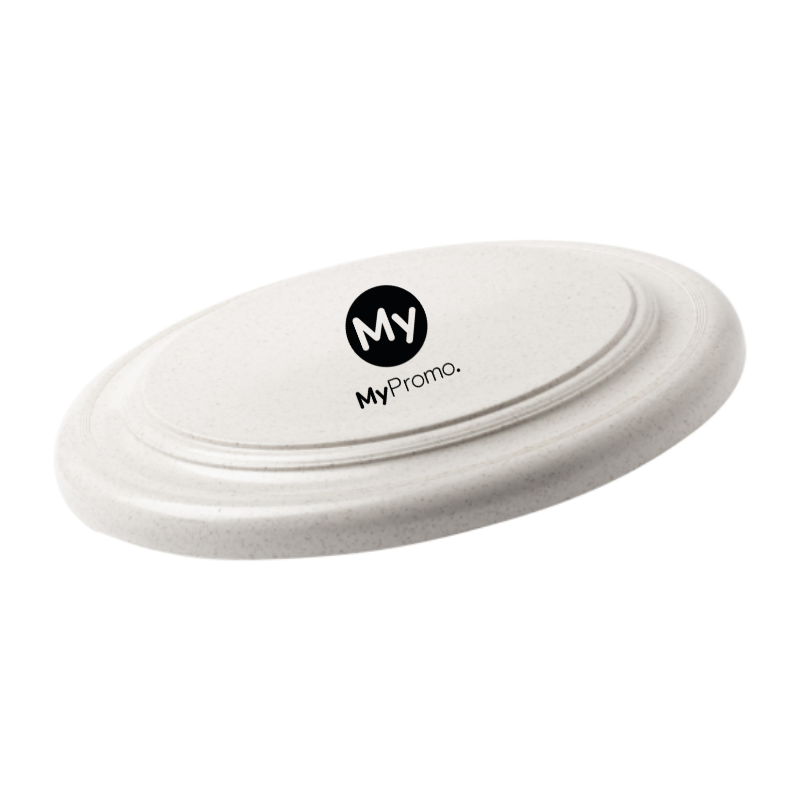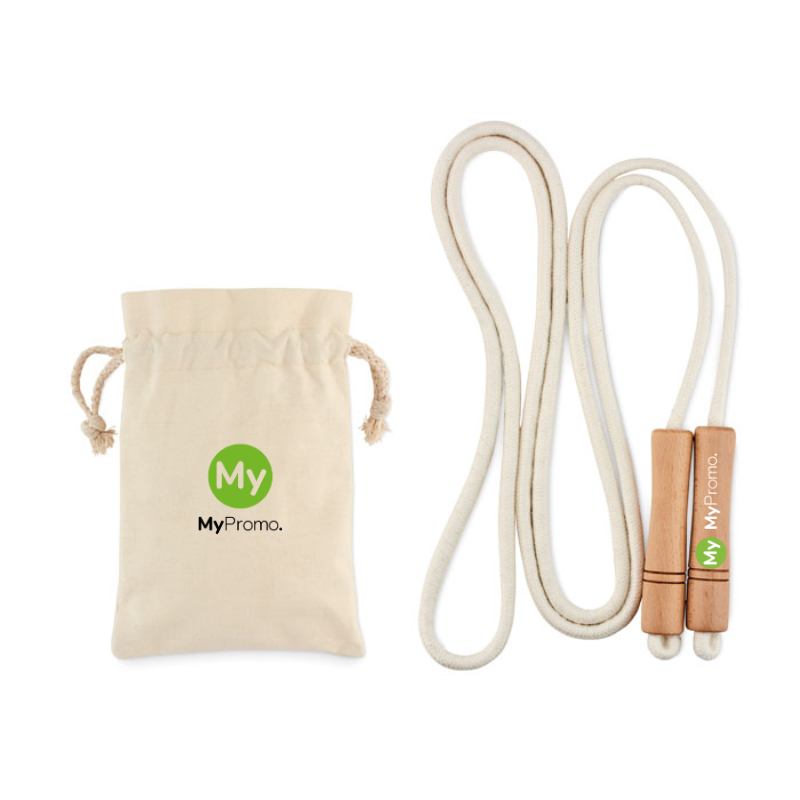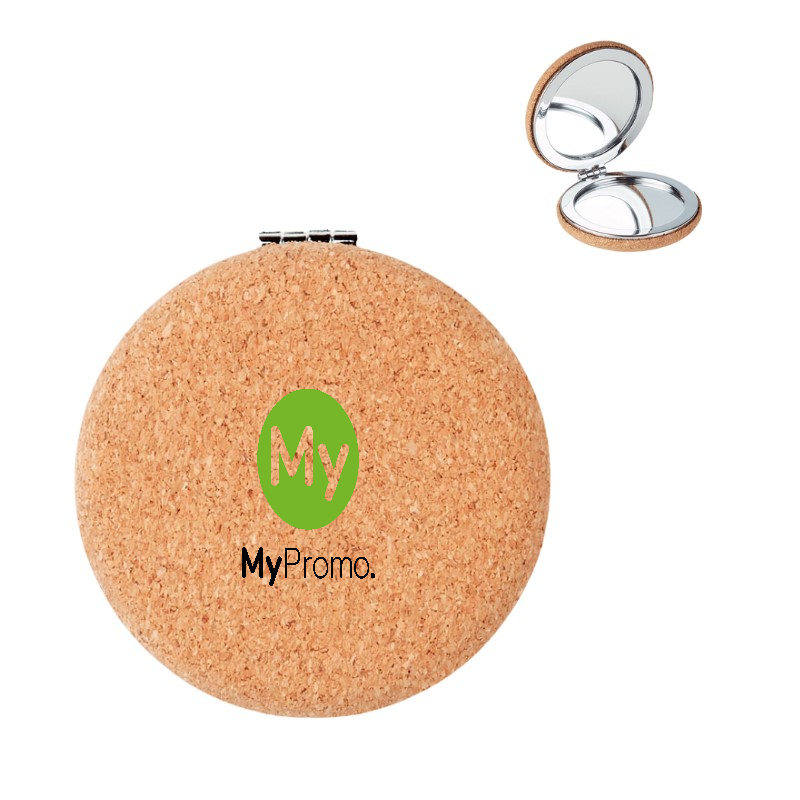Eco-friendly products
What are Eco-friendly Products?
Eco-friendly products are items designed to minimize environmental impact by utilizing sustainable materials and production methods. In the printing and promotional gifts world, eco-friendly products play a crucial role in promoting sustainability and reducing the carbon footprint of businesses and consumers alike.Eco-friendly products are defined by their use of environmentally conscious materials, such as recycled paper, biodegradable plastics, and organic fabrics. Historically, the production of goods has often involved harmful chemicals and non-recyclable materials, leading to significant environmental degradation. With the rise of eco-friendly products, there has been a shift towards more sustainable practices, promoting a greener future.
The basic process of creating eco-friendly products starts with selecting sustainable raw materials. These materials are sourced in a way that minimizes environmental harm, such as using recycled paper or organic cotton. The next step involves manufacturing processes that reduce energy consumption and waste. Finally, the products are designed to be recyclable or biodegradable, ensuring they have a minimal environmental impact even after their use.
Essential Tools and Materials for Eco-friendly Products
Creating eco-friendly products requires specific tools and materials to ensure sustainability. Key materials include recycled paper, biodegradable plastics, organic cotton, and water-based inks. These materials are chosen for their low environmental impact and ability to be reused or recycled.
Common Applications and Examples of Eco-friendly Products
Eco-friendly products are used in a variety of applications, particularly in the promotional products industry. Notable examples include reusable shopping bags made from organic cotton, promotional pens made from recycled plastic, and notebooks made from recycled paper. Companies like Vistaprint and 4imprint often incorporate these eco-friendly products into their offerings to support sustainability.
Advantages of Using Eco-friendly Products
There are numerous advantages to using eco-friendly products. Firstly, they help reduce environmental impact by minimizing waste and pollution. Secondly, they promote a positive brand image, demonstrating a commitment to sustainability. Lastly, eco-friendly products can lead to cost savings in the long run, as they often use less energy and resources in their production.
Comparing Eco-friendly Products with Traditional Products
Compared to traditional products, eco-friendly products have several unique features. Traditional products often rely on non-renewable resources and generate significant waste, whereas eco-friendly products use sustainable materials and aim to minimize waste. This distinction makes eco-friendly products a better choice for those looking to reduce their environmental footprint.
Challenges and Limitations of Eco-friendly Products
Despite their benefits, eco-friendly products do present some challenges. One potential limitation is the higher upfront cost of sustainable materials. Additionally, the availability of eco-friendly materials can be limited, making it difficult to scale production. Finally, ensuring that all aspects of a product's lifecycle are sustainable can be complex and require significant effort.
In conclusion, eco-friendly products are essential in promoting sustainability and reducing environmental impact in the printing and promotional gifts industry. By leveraging sustainable materials and practices, businesses can create high-quality, eco-friendly products that support a greener future.
| Feature | Eco-friendly Products | Traditional Products |
|---|---|---|
| Materials Used | Recycled paper, biodegradable plastics, organic fabrics | Non-recyclable materials, chemical-based inks |
| Environmental Impact | Minimised waste and pollution | Significant waste and pollution |
| Sustainability | High, due to renewable resources | Low, relies on non-renewable resources |
| Recyclability | Designed to be recyclable or biodegradable | Often non-recyclable |
| Energy Consumption | Reduced energy consumption in production | Higher energy consumption |
| Brand Image | Positive, demonstrates commitment to sustainability | Neutral or negative, depending on environmental impact |
| Cost Over Time | Potential long-term savings | Higher due to inefficient resource use |
What are eco-friendly products?
Eco-friendly products are items designed to minimize environmental impact by using sustainable materials and production methods. They are often made from recycled or biodegradable materials and are manufactured in ways that reduce energy consumption and waste. These products aim to promote sustainability and reduce the carbon footprint associated with their use.
Why are eco-friendly products important?
Eco-friendly products are important because they help protect the environment by reducing pollution, conserving natural resources, and promoting sustainable practices. By choosing eco-friendly products, consumers and businesses can contribute to the reduction of waste, lower greenhouse gas emissions, and support the conservation of ecosystems and biodiversity.
What materials are commonly used in eco-friendly products?
Common materials used in eco-friendly products include recycled paper, biodegradable plastics, organic cotton, bamboo, and other sustainable resources. These materials are chosen for their ability to be reused, recycled, or biodegraded, thus reducing their environmental impact compared to traditional materials.
How do eco-friendly products benefit businesses?
Eco-friendly products benefit businesses by enhancing their brand image and demonstrating a commitment to sustainability. This can attract environmentally conscious consumers and differentiate the business in a competitive market. Additionally, using sustainable practices can lead to cost savings through more efficient resource use and reduced waste.
What challenges do eco-friendly products face?
Eco-friendly products face several challenges, including higher initial costs for sustainable materials and potential limitations in the availability of these materials. Additionally, ensuring that all aspects of a product's lifecycle are sustainable can be complex and require significant effort. However, the long-term environmental benefits and potential cost savings often outweigh these challenges.

